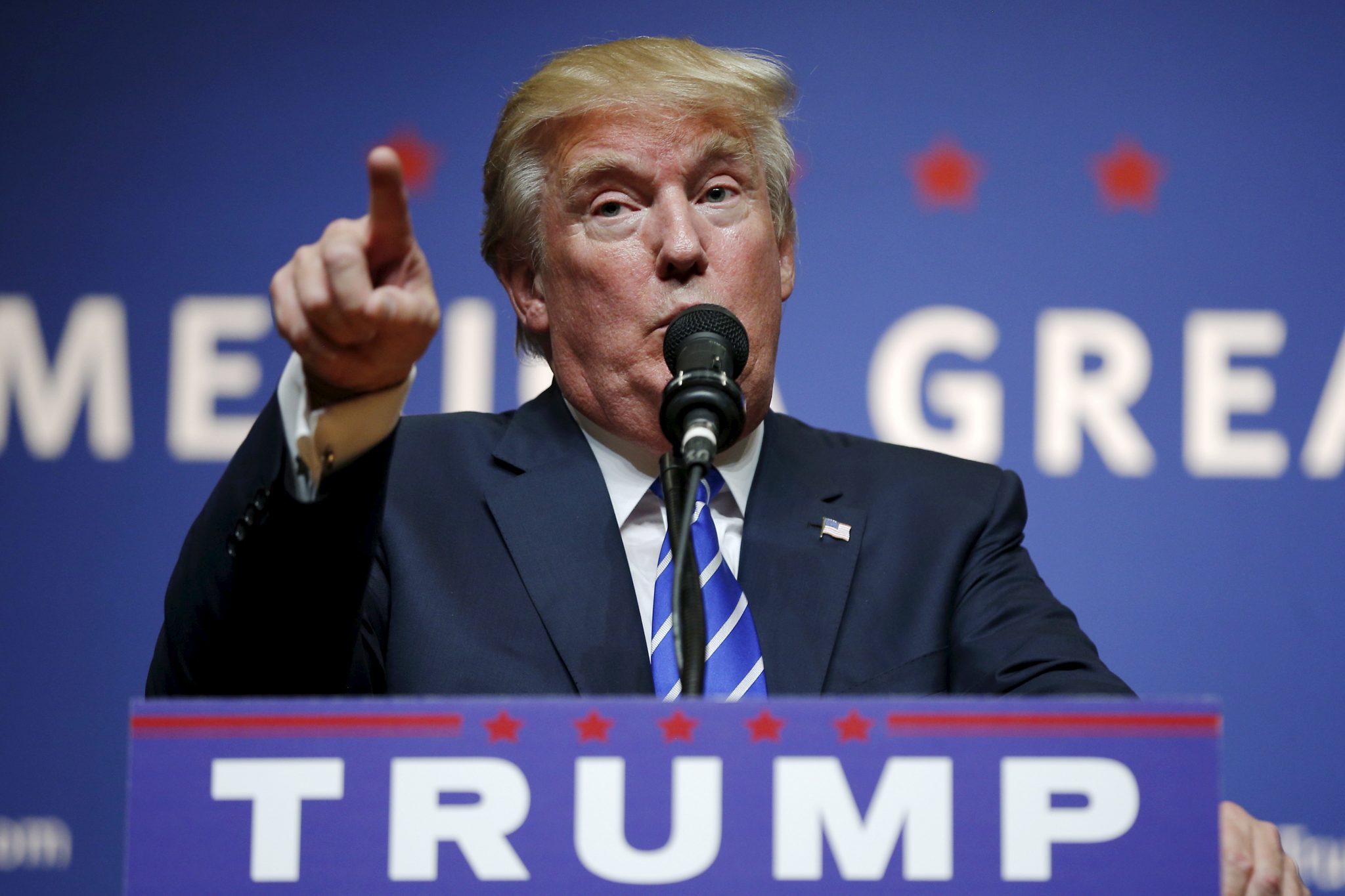250
Trump signs budget deal, government reopens
WASHINGTON (AP) — President Donald Trump on Friday signed a $400 billion budget deal that sharply boosts spending and swells the federal deficit, ending a brief federal government shutdown that happene
Short-lived shutdown
previous post



